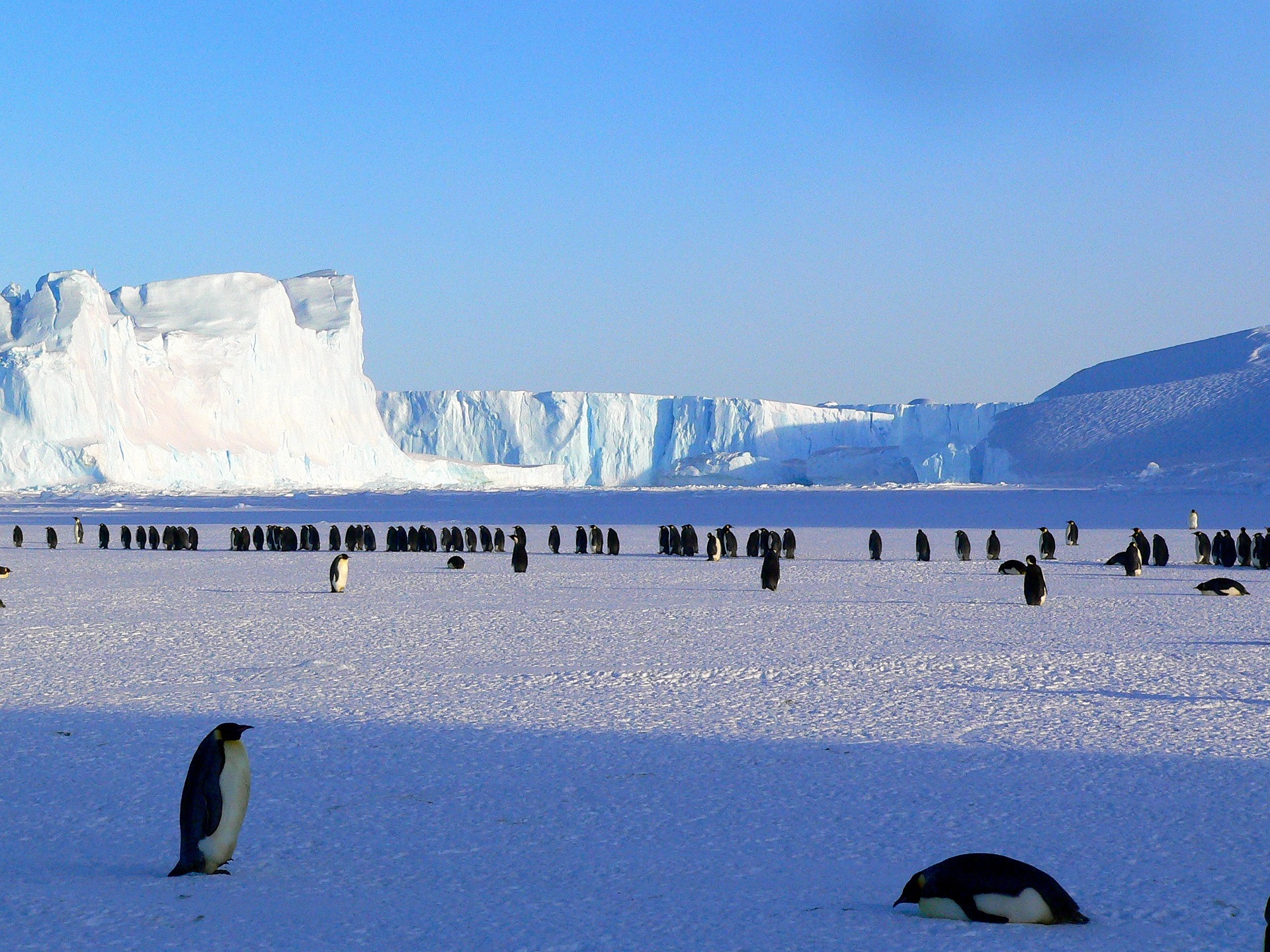
Ōtautahi – The Antarctic ice sheet is in decline and has been for decades. Not only is Antarctic ice melting more quickly than new snow can replace it, but the rate of loss due to melting and calving is increasing. Each year, the ice sheet is shrinking more rapidly.
The frozen continent is losing billions of tonnes of ice every year, however the New Zealand – Australia antarctic science conference to be held in Ōtautahi from February 25 to 28 should shed fresh light on the latest situation.
Speakers are talking about their observations of atmospheric, space weather and climate processes and highlight their value in detecting, monitoring and understanding environmental change.
The Antarctic’s ice shelves are the floating extensions of a grounded ice sheet. One of the largest ice shelves, the Ronne-Filchner, covers an area slightly smaller than Spain.
Each summer, a significant amount of meltwater is produced which can only be tolerated so long before the ice shelf will weaken and retreat. Climate in the Antarctic Peninsula has warmed by 3Cdeg meaning that once stable ice shelves are now retreating. Since the 1950s this is a loss of 25000 sq km of ice shelf.
Results published by the British Antarctic Survey in 2004 highlighted that Antarctic krill numbers are declining.
Krill are very important to the Antarctic food web and this decline could threaten whales, seals and penguins all of which feed on krill. The decline of krill has been linked to a dramatic decline in sea ice.
Sea ice is a vital feeding ground for the huge number of krill in the Southern Ocean. The research shows that krill numbers have dropped by about 80 percent since the 1970s.
Less sea ice during the winter is likely to be the cause and may explain declines seen in several species of penguins. Krill feed on the algae found under the surface of the sea ice, which acts as a kind of nursery.
Krill are small, shrimp-like animals that grow up to about six cm in length and live for up to five years. They usually live in dense swarms which may have more than 10,000 krill per cubic metre of water.
Although Antarctica is thousands of km away from New Zealand, the impacts of climate change are not only confined to the shores of the icy continent.
Scientists fear that water that is currently stored in ice on land including ice sheets but not ice shelves may melt and contribute to sea level rise. Satellite measurements since the early 1990s indicate that sea level is rising at a rate of 3mm per year and indeed sea level has been rising over the last century.

